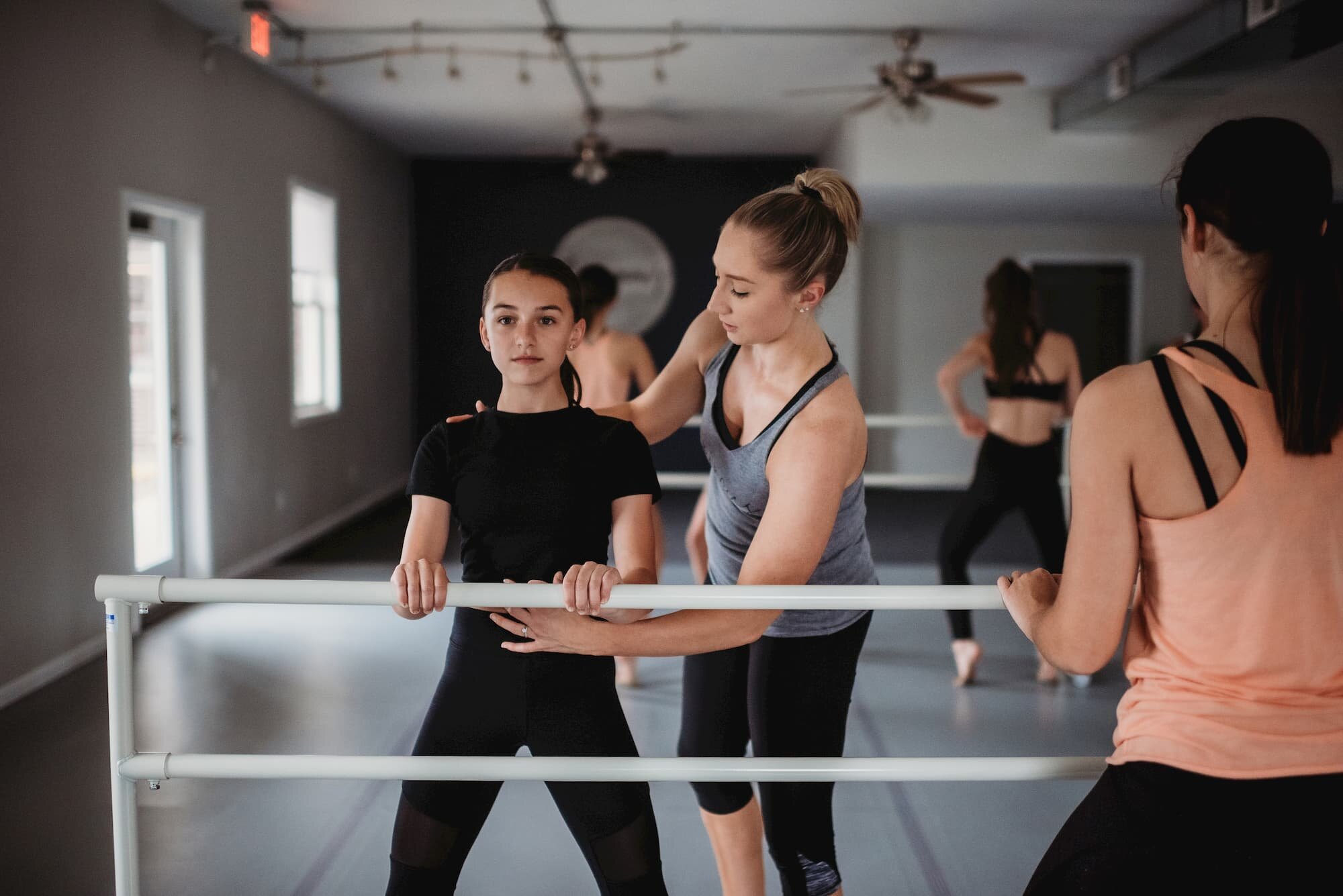Radiate Excellence: The Benefits of Good Posture in Dance, and Life
Have you ever encountered someone that seemed to naturally give off a sense of confidence and power? Someone that you’d definitely want on your side in challenging or competitive situations? If so, have you ever studied their behavior and presence to try and determine what it was about them that made them give off this aura? Odds are, one of the contributing factors to their confident nature is their posture.
Why is posture important?
Outside of avoiding the obvious health risks associated with poor posture, such as chronic pain, herniated discs, and arthritis, standing tall can have an incredible impact on your confidence and perceived level of dominance and power. According to social psychologist Amy Cuddy, there have been numerous studies conducted that support the benefits of good posture and the idea that people who develop the habit of good posture are happier, more optimistic, more confident, more creative, more likely to take action, and more likely to seek rewards and opportunities - all key factors to success in all walks of life. Body language is an important part of communication. Poor posture, (for example, slouched shoulders, head down, etc). can send the message of insecurity and that you might not care about or feel worthy of participating in the conversation taking place. However, on the contrary, good posture gives off the vibes of someone who is self-assured, approachable, likable and worthy of attention.
What does good posture look like?
So now that we’ve aligned on why posture is so important, let’s talk about what good posture looks like. According to an article shared in the Harvard Health Publishing blog, good posture comes from a combination of several different physical attributes:
Chin up and parallel to the floor
Even shoulders, pulled down and back
A neutral spine, not overly arched or flexed
Abdominal muscles engaged
Hips even
Body weight distributed evenly among both feet
Pay attention to these attributes as you go about your day to gauge your posture. Do you find executing any of them uncomfortable or unnatural? It’s possible that you’ve developed some bad habits that led to poor posture, and you’re not alone. According to the National Institutes of Health, poor posture has been known to be a primary contributing factor in back problems for more than 80 percent of all Americans at some point in their lives. Fortunately, just like many bad habits, your posture can be easily corrected by making a conscious effort to focus on improving the attributes listed above, and strengthening core muscles through exercise and activities such as yoga, weight lifting and - you guessed it - dance.
Importance of posture in dance
While dance can and should be used to improve posture both on stage and in everyday life, if proper technique is not practiced and taught in class, it’s possible for students to develop bad habits that have a negative impact on their posture. Dancers who continuously focus on keeping their shoulders down and back, engaging their core, and keeping their chin up will develop the strength, aura and confidence required to stand out among their fellow dance peers, specifically in a competition setting.
Watch for it the next time you’re at a dance competition, or even just a performance. When you see a dancer that seems to demand the audience’s attention, pay close attention to his/her posture on and off stage. You’ll likely notice they’ve developed a habit of carrying themselves in a way that exudes confidence, they’ve developed the habit of good posture. Sometimes, you might even notice that their dance technique may not be spot on, but they still seem to captivate the audience/judges and therefore win awards from other dancers more deserving strictly from a technical standpoint. But the fact of the matter is, technical ability is only one piece of the puzzle that separates a good dancer from a great dancer.
Body language and posture plays an equally as (and sometimes even more) important role in a dancer’s success, both on and off stage. There are undeniable psychological factors at play both within the dancer and his/her audience, impacting their overall perception of that dancer’s worthiness of attention and/or praise.
Are you feeling like your posture might be negatively impacting your performance, either on stage or in life? Contact us to learn how taking dance and/or fitness classes at Luminous Dance Force can help you break bad habits and enhance your posture, contributing to a healthier, happier life.


